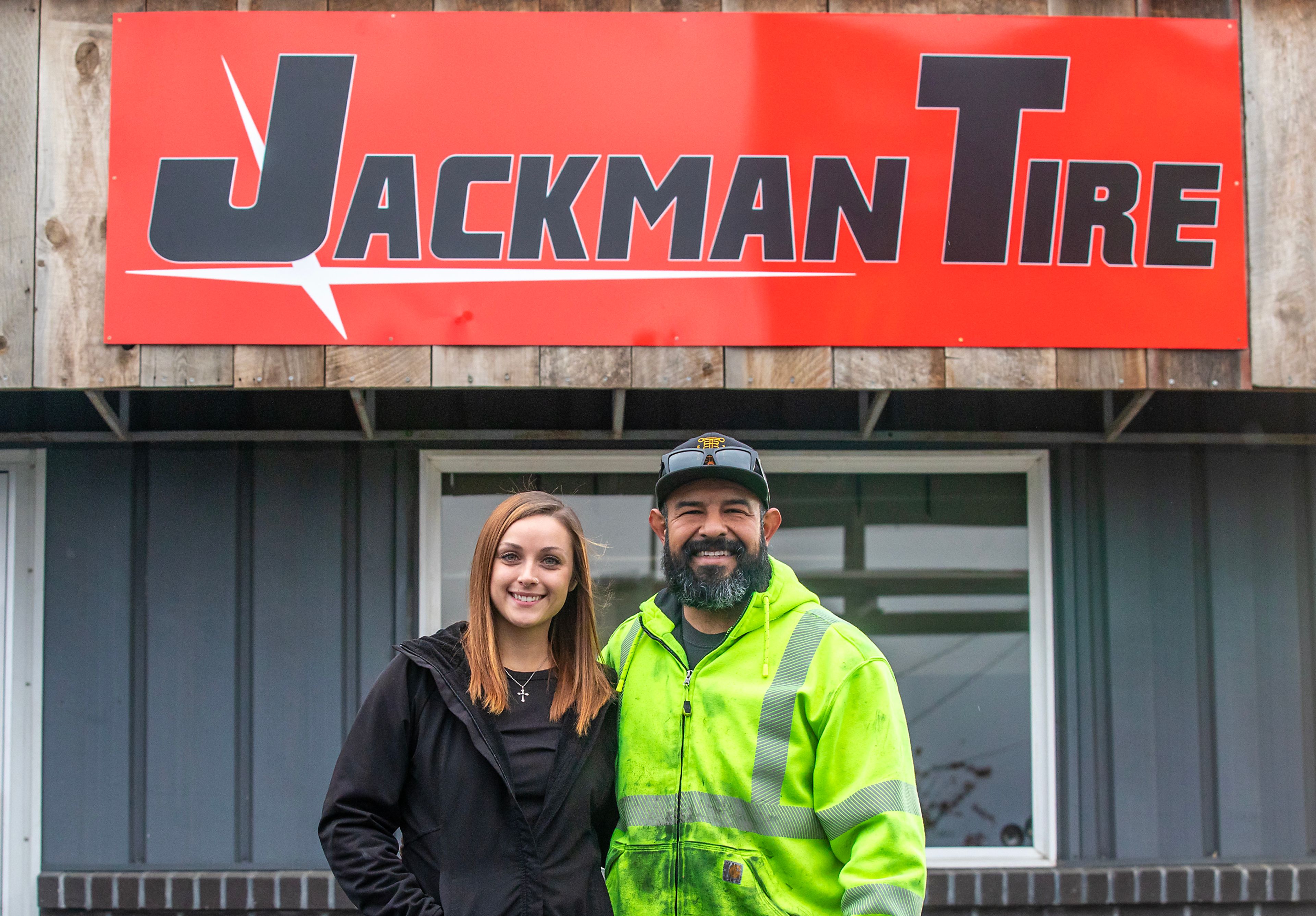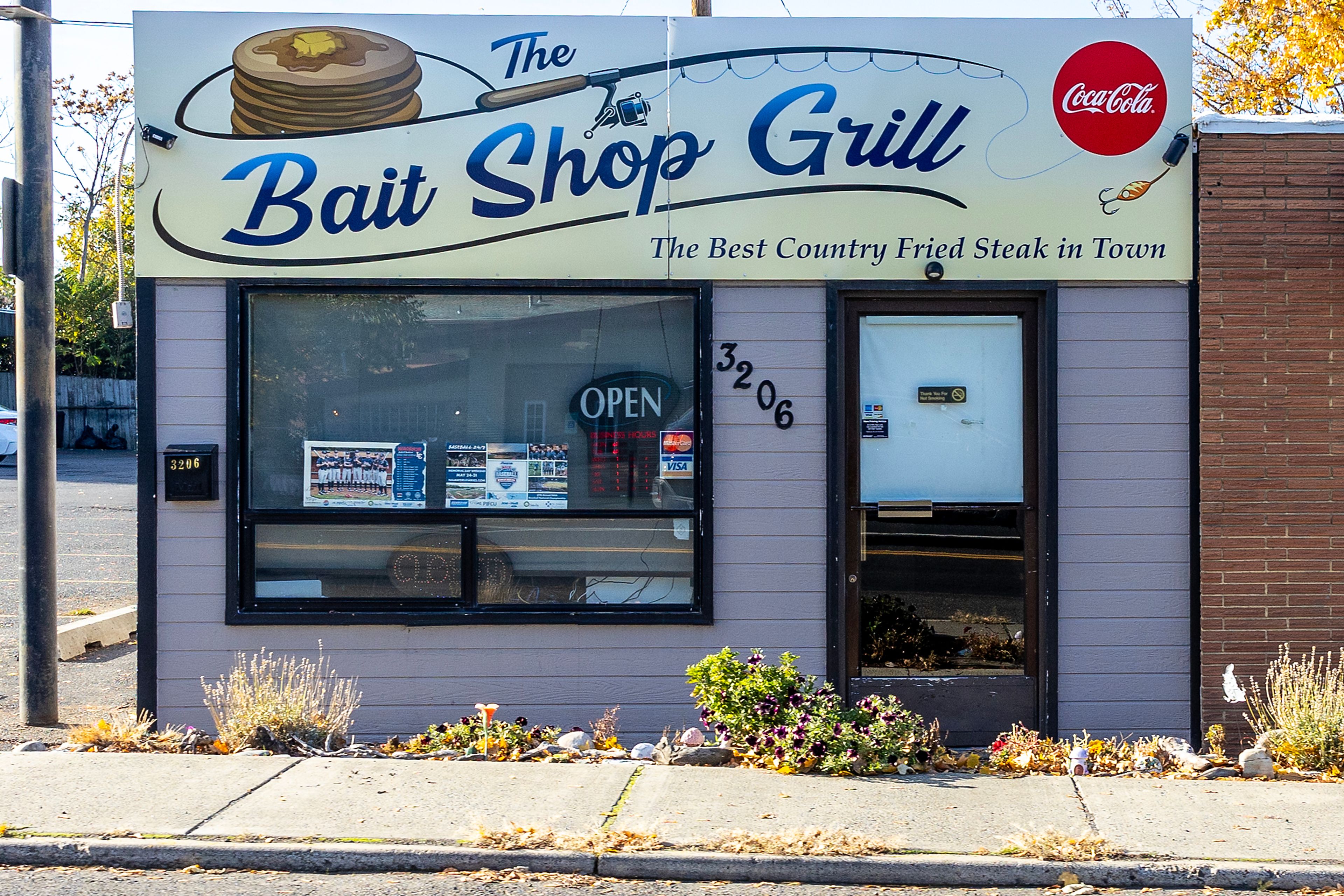BUSINESS PROFILE: Valley Vision leader focused on giving businesses a glimpse of the valley
In his first year as leader of Valley Vision, Jerry Chavez has helped with a reboot of the group and encouraged out-of-the-area companies to open here
Jerry Chavez met with an employer last week that may open in the Lewiston-Clarkston Valley.
The site visit of the business is a result of the groundwork Chavez, the president and CEO of Valley Vision, laid in the last year pursuing leads for companies whose needs mesh with what the region offers.
It is among eight that have been scheduled since Chavez took his job a little more than a year ago, and a tangible sign of the new direction the organization has taken since his arrival.
“We’ve taken the program and spun it around 180 degrees,” said Chavez, who has spent more than a quarter-century leading organizations like Valley Vision in communities about the same size as the Lewiston-Clarkston Valley.
“It’s the community and board leadership,” he said. “I count everything that I do is because of my board of directors and their embrace of our plan.”
Of the eight visits, four are happening this month. One business is back for the third time and another is taking a second look. Two are traveling here for their first time.
At the present pace, Chavez expects that Valley Vision will soon start to have one or two announcements about new companies locating in the Lewiston-Clarkston Valley every year.
“We should achieve that,” he said. “But we need to fix some other things to help get us there — access to employees, access to workforce housing, something that a regular person with an average salary can purchase. So you’re going to see more conversations around those two items.”
Getting to this stage took a lot of effort, much of it involving the internal workings of Valley Vision. When Chavez arrived, Valley Vision was at a crossroads. The city of Lewiston had withdrawn its annual financial contribution of as much as $40,000, about 25% of Valley Vision’s budget.
Chavez helped the organization regroup, sitting down with as many local stakeholders as possible. “Team building has gone on at the organization that paved the way for us to develop a course correction,” Chavez said.
Then, in a collaborative process with the board, Valley Vision revised its mission statement, bylaws and strategic plan.
Using the principles in those documents, Chavez helped renegotiate the agreement with the city of Lewiston that restored funding. The agreement has measurable deliverables such as having site visits from five employers this year, a target that has already been met.
The focus is manufacturers in industries such as energy and food processors as well as businesses that do computer numerical control machinery manufacturing. He’s also looking for makers of weapons, ammunition, outdoor recreation products and software development for the U.S. Department of Defense.
The geographic area Chavez targets for leads is California, Washington, Oregon and Canada.
What happened in his busy first year is only the beginning, Chavez said.
At present, Chavez is developing plans for a manufacturing center, a building of about 35,000 square feet that would have four walls, a roof and a parking lot. The floor would be installed after the tenants for it had been identified because the specifications for that part of the structure can vary a lot depending on the nature of the business. Construction could start as early as this spring.
“The value of a manufacturing center is being able to have a company envision what their operations would be like in the valley,” Chavez said. “You’re able to shorten that timeline for expansion by about five or six months. Sometimes it makes all the difference in the world, especially when they’re trying to get into the market.”
In coming months, Valley Vision will have a series of meetings with 21 area employers about retention and expansion.
“After we’ve collected the data, we’ll analyze and look for recurring themes and then we’ll go back to the companies and tell them what we heard and what we want to work on on their behalf,” he said.
Chavez’s belief is that what Valley Vision does to strengthen manufacturing will benefit other sectors of the economy such as retail, which has suffered with the loss of Macy’s, J.C. Penney, Kmart and Shopko.
The profits manufacturers earn turn into discretionary money in the hand of their employees, he said.
“That’s what commercial retail typically focuses on,” Chavez said. “So if we do our job right and we stoke that economy, then the commercial retail will follow.”
Jerry Chavez
Job title: President and CEO of Valley Vision
Age: 66
Previous employment: More than 25 years in economic development including serving as the president and CEO of economic development groups in Marshall County, Ind., Minot, N.D., and being the development director of Delta Strong, a branding effort for 19 Mississippi counties in the northwestern part of that state.
About Valley Vision: Valley Vision is a not-for-profit economic development group that focuses on expanding the area’s manufacturing base. It receives money from the public and private sectors.










